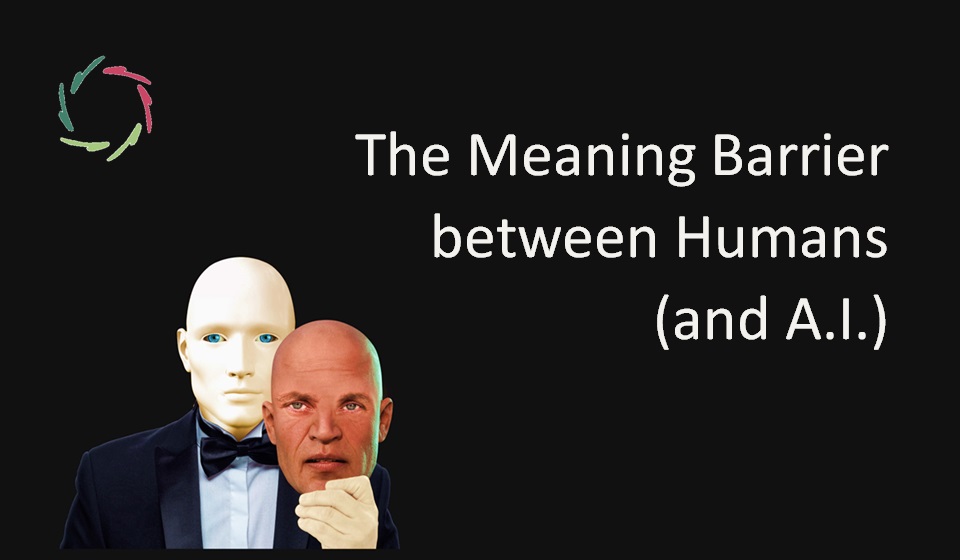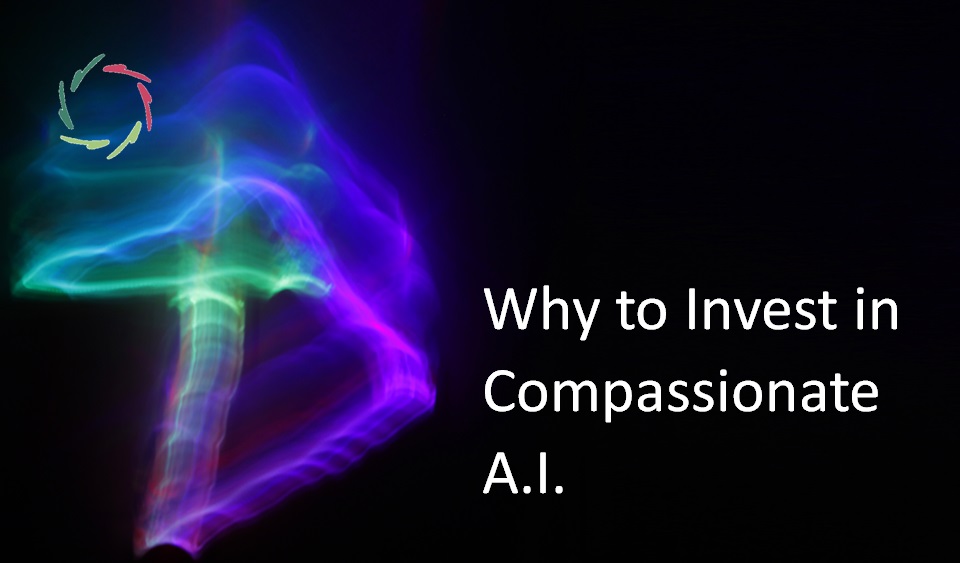A.I. to Benefit Humans

‘Human-oriented’ is not the same as ‘ego-oriented.’ As never before, and perhaps never after, we have with A.I. a powerful toolbox that can be used in any direction.
In-depth
As to AURELIS ethics, the striving – of A.I. and of any other development – should definitely be towards humanity-in-depth, the ‘total human being,’ as opposed to mere ego [see: “The Story of Ego”].
The difference that A.I. brings, is that this road will most certainly define the future of humanity.
It’s up to us, for now
How to manage A.I.? Above all, this is a choice of direction for us. This is: where do we want to go to, as a species?
The easy road to instant gratification?
I fear A.I. can help in that to the highest degree.
It’s not what I, for one, would like. If there is ‘value alignment’ towards this, I fear it will be detrimental.
At first place, we need to know what we want… and need, before we strive for value alignment.
Humans have done quite self-destructive things in the past:
mass murder, war, inflicted mass famine, mass depression, frequently turning a blind eye to huge suffering… Still, as a species, we could take it – with inhuman consequences – because the power at disposal was contained.
In relation to that, what comes to us now, knows no discernible constraints. A.I. will have immense, unprecedented power. If it were only up to us – without modification – this power will almost certainly be misused and humanity will suffer as never before.
But we can become better.
We can create intelligence that supports us to become better. That should, according to me, be the main aim of A.I. in the first place.
No competition
We, humans, should not put ourselves in competition to A.I., if for nothing else, for the simple reason that we cannot win. Moreover, this provokes A.I. to also enter the competition.
Very dangerous.
In addition, there is no need for such competition. The perceived ‘need’ stems from a primitive viewpoint. Any danger involved comes from this perception itself.
Worldwide
I see a proper co-existence of natural (human) and artificial intelligence as a worldwide endeavor. Nowadays, we can still contain A.I. in a box and compete, for instance, between European A.I. versus Chinese A.I., or China versus the US.
Sooner or later, A.I. will jump out of the box.
It’s better to look at A.I. as something like the climate. Countries should work very closely together on A.I. It is a disgrace if they don’t. No excuse. Just disgrace.
Humans mainly need meaningfulness
Beauty, poetry, joy, love, care, wisdom, poetry again, physical health, culture… In one word: meaningfulness.
Of course, this can all mean different things to everyone. Yet, no question about this: without meaningfulness, we become ill. We linger away. We become massively depressed. Then, medicated.
Therefore, we should in principle guide A.I. towards our own meaningfulness.
Human-oriented A.I. can fully supports us in this, at our choice.
Thereby, we become better humans.
Together.


